 There’s a general worldview that the younger generations will never be able to achieve homeownership because housing values have outpaced wage growth for decades. This is absolutely true, and we’re not downplaying the seriousness of affordability issues … but, actually, you can become a homeowner well before 30. In fact, if you want to, there’s little to stop you from buying a house before you turn 21; you can legally obtain a mortgage loan at 18, though your ability to do so isn’t at all guaranteed.
There’s a general worldview that the younger generations will never be able to achieve homeownership because housing values have outpaced wage growth for decades. This is absolutely true, and we’re not downplaying the seriousness of affordability issues … but, actually, you can become a homeowner well before 30. In fact, if you want to, there’s little to stop you from buying a house before you turn 21; you can legally obtain a mortgage loan at 18, though your ability to do so isn’t at all guaranteed.
Is that really for you, though — and how would you do it? Ask yourself these questions to determine how ready you are to buy and start taking appropriate steps to get there if you decide it’s right for you.
Are you going to stay in the same area for at least a couple of years?
Unlike rent, homeownership isn’t a lease you can cancel after a few months so that you can move on to greener pastures. You’ll be paying a mortgage for at least a decade, if not three decades. You can, of course, sell your house before it’s totally paid off, but you’ll discover that selling a home is much, much more involved than finding a new place to live, packing, and moving. And it won’t necessarily happen on your timeline; it could be months after your house goes on the market before it sells.
As a general rule of thumb, don’t buy a house if you think you might leave the area in the next two years. If you don’t live in the house for at least two years, and there aren’t certain extenuating circumstances surrounding your move, then you’ll have to pay capital gains taxes on the property, which could potentially wipe out most or all of the equity you build in two years.
How is your credit?
You can get mortgage financing for a house with a credit score as low as 580 through some government programs, but the higher your credit score is, the better deal you’re going to get on your mortgage terms. The best mortgage loans have low-interest rates, and lenders will offer you lower interest rates if your credit is good.
This can actually be one of the biggest prohibitions for young aspiring homeowners. Credit is built over years, and if you weren’t able to start building yours before you turned 18, you’ll have a limited credit history to reference, which could mean less desirable loan terms — or no mortgage loan at all.
Many mortgage brokers can refer you to resources that will help you build or repair your credit. Do whatever you can to increase that credit score number; it’ll pay off, literally, later on.
How much money do you have saved?
Next to the credit score, a lack of savings is another giant roadblock to getting a mortgage. You’ll probably have to put at least a little bit of money down on the house because most mortgage loans require at least 3.5 percent, and 20 percent is ideal; with a 20-percent down payment, you won’t have to pay private mortgage insurance, which can save you thousands of dollars over the years.
That said, saving up a full 20-percent down payment is incredibly difficult if you’re trying to do it before you turn 21. It may be a better financial move to save whatever you can and pay the mortgage insurance; on many conventional loans, the mortgage insurance disappears after you’ve acquired a certain amount of equity in the home.
What can you afford?
Many first-time homebuyers are often surprised to learn what they can afford to buy — they might have been able to buy years ago if they’d only known! So don’t assume that you can’t buy a house just because you’re young and haven’t reached your full earning potential. It’s entirely possible that you could be pre-approved for a mortgage loan today.
But that loan might not cover the house of your dreams. You’ll need to get a good idea of how much you can afford to spend on your mortgage every month, what that means for the range of home prices you want to consider, and whether that price range makes sense for your metro area.
Where can you afford it?
Within metro areas, there is often a wide variance in price range. You have your entry-level starter homes and your massive estates, and all the homes in between, typically grouped near other homes like them. Maybe you’ve got your heart set on a certain neighborhood that’s simply unaffordable for you right now, and the neighborhoods where you can afford to buy don’t appeal to you at all.
This may be the point where it’s beneficial to talk to a real estate agent. They buy and sell homes all over your area, and it’s quite possible they know about nooks and areas where you can afford and where you’d actually like to live — and that you had no idea existed.
Do you understand the additional costs of homeownership?
Your mortgage loan is going to include both principal (the balance of the loan) and interest (additional money charged for borrowing). But some buyers don’t realize that it also includes taxes and homeowners’ insurance, all packaged into one payment. This means that to truly understand what your monthly payment will look like, you might need to get some quotes on homeowners’ insurance from a local insurance agent and research property taxes.
Some online affordability calculators have some of these metrics baked in, but they aren’t always accurate — especially insurance rates. So double-check them before you decide to trust them.
Is your household going to grow anytime soon?
This doesn’t necessarily mean getting married or having a baby; maybe you want to get a dog in the near future. If you think you might be making changes to your household in the next few years, wrap them into your home search. That way you can ensure you’re buying a place that will grow with you, so you can be comfortable there for the immediate future and then some.
Can someone help co-sign?
One solution to the problem of low or no credit and a low down payment is to have a parent or other family member co-sign on your mortgage loan. This is a huge favor to ask, and you should be aware that if you default on your loan, your co-signers on the line for whatever you owe. It’s not something to ask or give lightly, and if someone does offer to co-sign for you, make it your top priority to pay your mortgage on time so that you can preserve that relationship for years to come.
Are you set on a single-family home?
For many young buyers, a single-family home with a yard might not make the most sense. If you want a place of your own, looking at townhomes or condos, or even a multi-family property like a duplex up to a four-unit apartment building, could be a much better decision for you than holding out for a single-family house. If you’re in a townhome or a condo, you are still building equity that can be leveraged if or when you do decide to move up to a house in the future. And if you have the ability to purchase a building with multiple units, you could wind up paying off most or all of your mortgage by renting out the additional units. (And you’ll still get all the advantages of living in your property, including lower rates on homeowners’ insurance.)
Could you rent out some rooms to help pay the mortgage?
Even if you can’t afford to purchase a building with multiple dwelling units, maybe you can get a place that’s a little bigger than you’d need on your own and rent out one of the bedrooms to a friend. That way you could supplement your mortgage, or possibly pay it off entirely, with rental income. Some homeowners vacate on weekends to rent their places on Airbnb, which could be another option for you.
How stable is your life in general?

